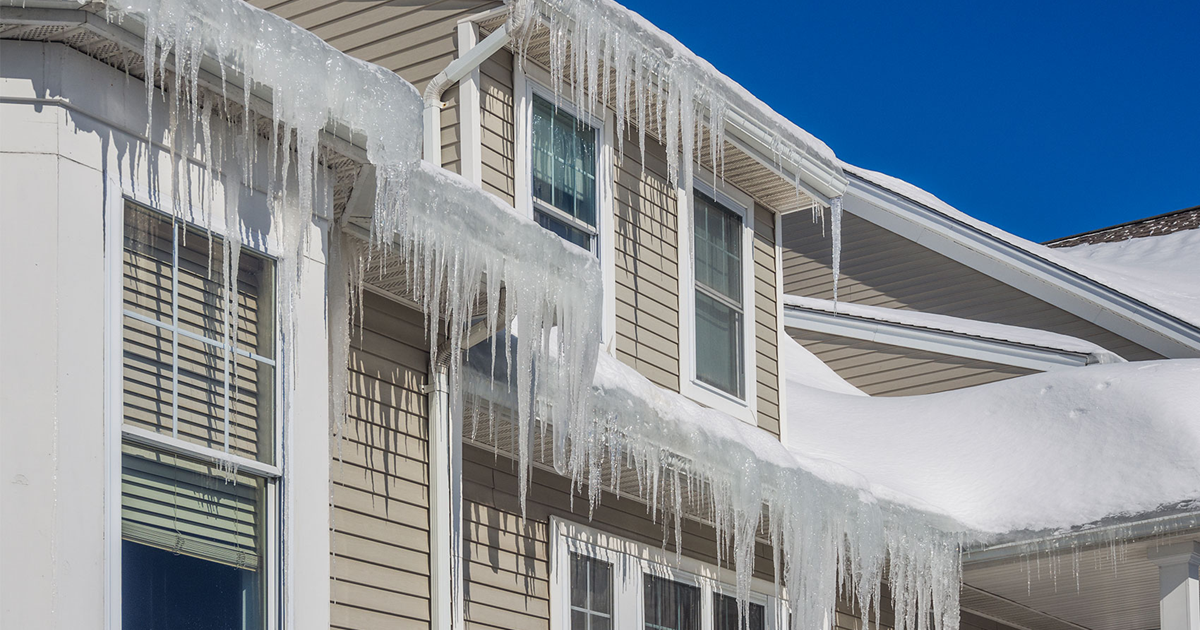To contrast this ineffective method we make and sell snow fence and snow guard systems for roofs.
Ice melting tape vs ice guards metal roofs.
Melting off the snow and ice of the roof is never our favorite.
Lets say that you live in a area that receives 4 6 inches of snowfall regularly.
Position a ladder up against the house so you can reach the roof safely.
Add snow guards to the roof to prevent snow and ice build up.
Unique heat tape cable systems for the roof valley and the roof flashing on metal roofs.
Heat tape metal roofs.
Rather than hold the snow and ice on the roof this product breaks it up so it can shed from the roof in smaller pieces thus minimizing the danger.
A ventilated roof will prevent ice dams ice dam myth 3.
A roof avalanche can cause damage to people pets cars landscaping gutters plumbing vents lower roof areas skylights and anything else that might be in the immediate area below your roof.
Once this thick ice forms it prevents melting snow from running off the roof.
Ice and water shield type membranes prevent ice dams and leaks.
The best insulating material there is is trapped air.
When it reaches the eaves where the temperature of the roof is colder the water refreezes.
Metal edging along roof eaves prevents ice dams and roof damage ice dam myth 4.
The snowbreakers are snow splitter snow guards for metal roofs.
The snow can build up on your roof throughout the winter until there is 12 or more accumulated.
Ice dam myth 2.
As more and more water melts down the roof and refreezes at these locations ice builds up and forms a blockage or dam.
An ice dam is a solid ridge of ice that forms along the edges of your roof.
Snow guards are pieces of metal that come in the shape of a small triangle or long rod keeping the snow from building up at the edge of the roof.
Snow guards have been around for hundreds of years and have historically been used on slate tile and metal roofs.
Snow guards are metal or plastic fittings that stand up from the surface of a metal roof.
Ice dams can pose many problems.
As the snow and ice melt the water runs down the roof and into the home s gutters while the un melted ice and snow stay safely on the roof.
Snow starts to melt in certain areas of the roof which are warmer than others due to heat loss from the attic.
In freezing cold temperatures where you melt here and there it will freeze again causing more ice and problems somewhere else.
They are designed to hold the majority of snow and ice in place.
This is the best of both worlds because the snow and ice can shed the roof faster than conventional snow retention while providing a.
Stop ice dams by shoveling snow off roof eave edges ice dam myth 5.

